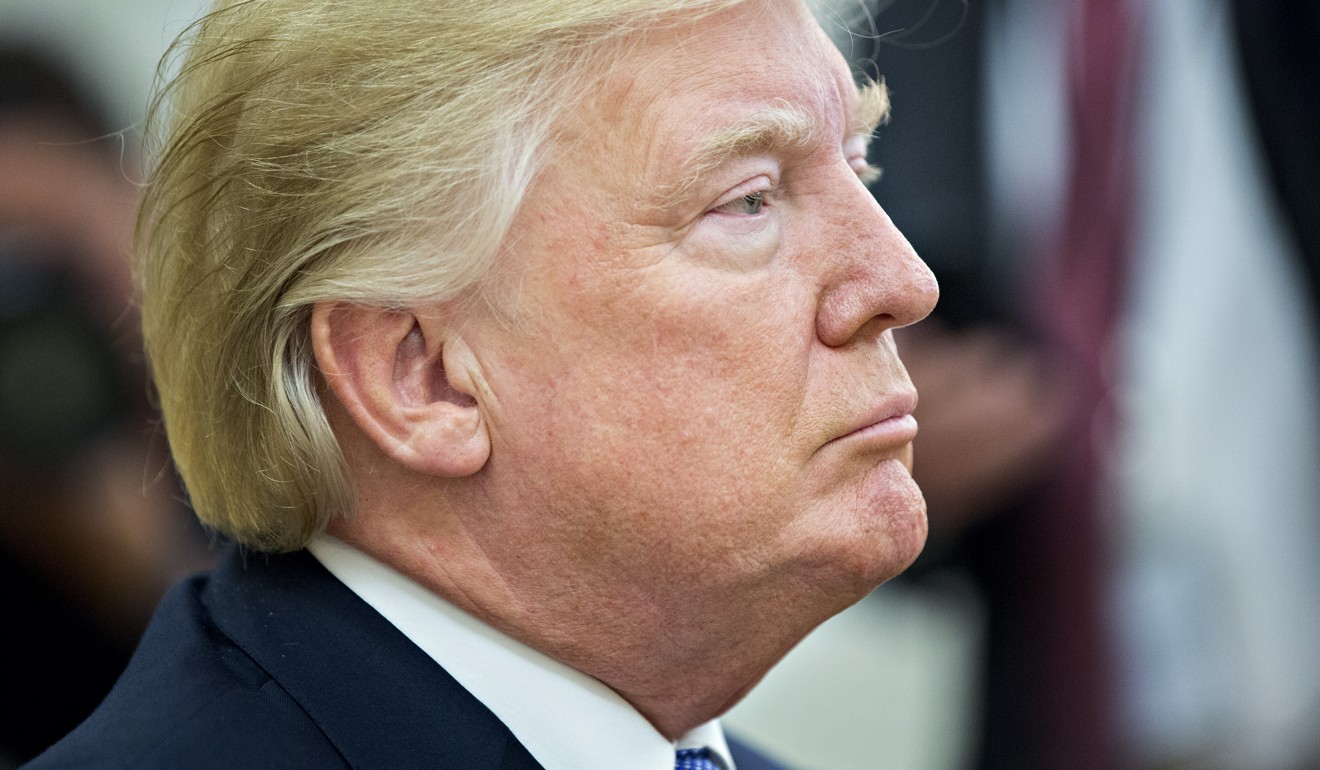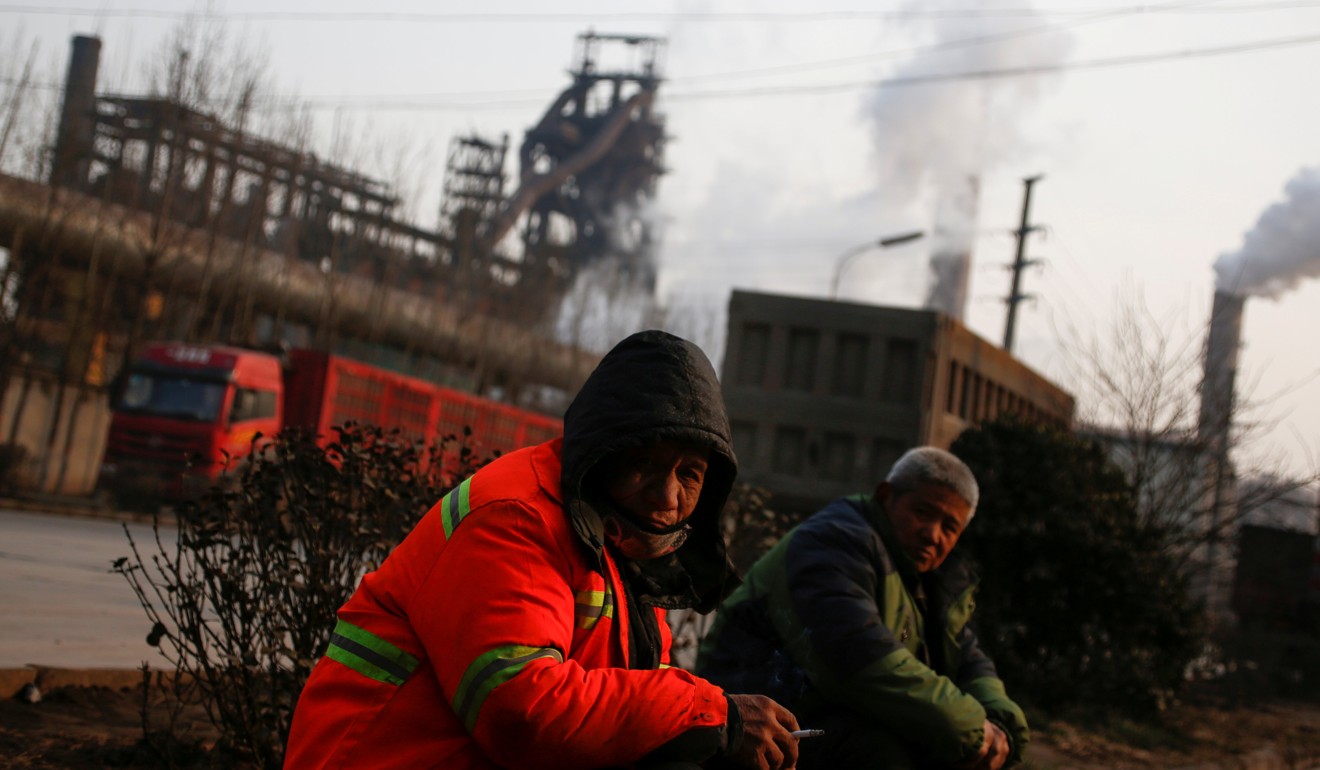
A US-China trade war would benefit no one, least of all Americans
Bernard Chan says policymakers should stay calm despite the heated rhetoric and consider the bigger picture. A rash move by Donald Trump to impose tariffs on Chinese imports would be disastrous

Are the United States and China heading towards a trade war? The consequences for the whole world could be disastrous. The good news is that it does not need to happen if policymakers on both sides stay calm, remember some basic economics and look at the bigger picture.
Even before he was elected president, Donald Trump made it clear he was unhappy with the US trade deficit. Most economists see free trade as a positive thing that increases overall wealth. But many US politicians, and business and labour leaders, take a far narrower view.
For the last few decades, they have seen traditional domestic industries decline while overseas competitors rise. At the same time, emerging economies such as China have protected domestic markets from foreign competition to develop local industries. They conclude that imports are bad and exports are good – and the imbalance is unfair.

Trump is unhappy about many US trade relationships, notably the Nafta arrangement with Canada and Mexico. But China – the world’s biggest exporter – looks like his No 1 target.
His administration has a range of complaints. One is that China manipulates its currency. This goes back to the 1990s, when China’s weak currency helped the country take off as a cheap manufacturing export hub.
China today is moving on from that stage. Production of cheap manufactured goods like clothing and basic electronics is increasingly being relocated to lower-cost countries. Chinese authorities are now trying to strengthen rather than weaken the renminbi.
The US and Europe also complain about China dumping cheap steel and aluminium in their markets. There is clearly a problem with Chinese overcapacity. But economists would point out that, as with other imports, cheap steel should benefit US consumers generally even if it harms particular US producers.

There are several areas where China is vulnerable to criticism. These include the country’s weak intellectual property protection, which is a long-running problem. Another is its requirement that foreign investors transfer technology to local partners. And a related issue is unequal access for investors – Chinese companies can move into foreign sectors that are off-limits to foreigners in China.
Like other developing economies, China has favoured local producers to nurture its own world-class industries. But too much investment has gone into certain sectors. In some cases, these sectors have become lobbies against change.
Now the country needs to move on to a more innovative and competitive business environment. The danger is that the Trump administration will become impatient and take rash action. Some of his supporters and advisers strongly believe China is a threat to US manufacturers and jobs, and possibly its technological dominance. The worst-case scenario is that Trump follows through on a campaign threat to impose a 45 per cent tariff on Chinese imports.
This would be a nightmare. Some observers estimate that Chinese exports to the US could halve. China could retaliate by putting up barriers to US aircraft, grain and other products. Other economies might step up protectionism. We can only guess at the impact on global economic growth and markets. Hong Kong, highly reliant on trade-related logistics and services, would see a significant downturn.

Most of us probably assume that Trump is bluffing. Still, it would be reassuring if all parties could bear a few things in mind. First, everyone, including Americans, would lose out massively from major disruptions to world trade. Second, basic economics tells us that the US would reduce its trade deficit if it borrowed and consumed less. Conversely, China and Germany would reduce their trade surpluses if they borrowed and consumed more – that is, saved and invested less.
Policymakers on all sides need to look beyond protecting old industries. Their real challenge is in enabling US and Chinese workers to adapt to major demographic changes and trends like artificial intelligence. A conflict over something like steel imports would not only be damaging but pointless.
Bernard Chan is convenor of Hong Kong’s Executive Council